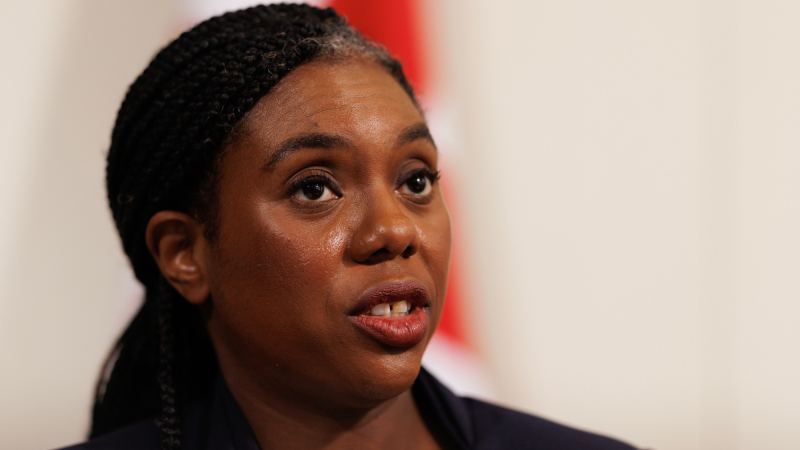
Recent reports have sparked a debate about the fairness of the sickness benefits system, particularly in light of high-earning social media influencers claiming benefits. One prominent example is Whitney Ainscough, who reportedly earns £500,000 annually through her online presence. This revelation, highlighted in The Sunday Telegraph by Daniel Hannan, raises questions about the integrity of the system and whether it’s being exploited by those with substantial alternative income streams.
The issue isn’t simply about one individual; it speaks to a broader trend. The rise of the ‘influencer’ economy has created a new class of high earners who operate outside traditional employment structures. This presents a challenge to existing benefit systems designed for those unable to work due to illness or disability. The question becomes: how do we ensure that benefits are targeted towards those truly in need, while also recognizing the evolving nature of work and income generation in the digital age?
Some argue that current regulations are insufficient to address this evolving landscape. The criteria for eligibility may not adequately capture the complexities of online income, leading to potential loopholes and unfair distribution of resources. Others suggest that tightening eligibility requirements could create unnecessary bureaucracy and unfairly penalize those legitimately struggling with health issues. Finding a balance between ensuring the system’s integrity and avoiding undue hardship is a significant challenge.
The Ainscough case serves as a focal point for this debate. While it’s crucial to avoid generalizations and consider individual circumstances, it highlights the need for a thorough review of sickness benefit policies. This review should encompass the evolving nature of work, particularly in the digital sphere, and consider how the system can adapt to ensure fairness and prevent abuse while maintaining support for those genuinely requiring assistance. Ultimately, a fair and effective system requires a nuanced approach that balances compassion with accountability.










